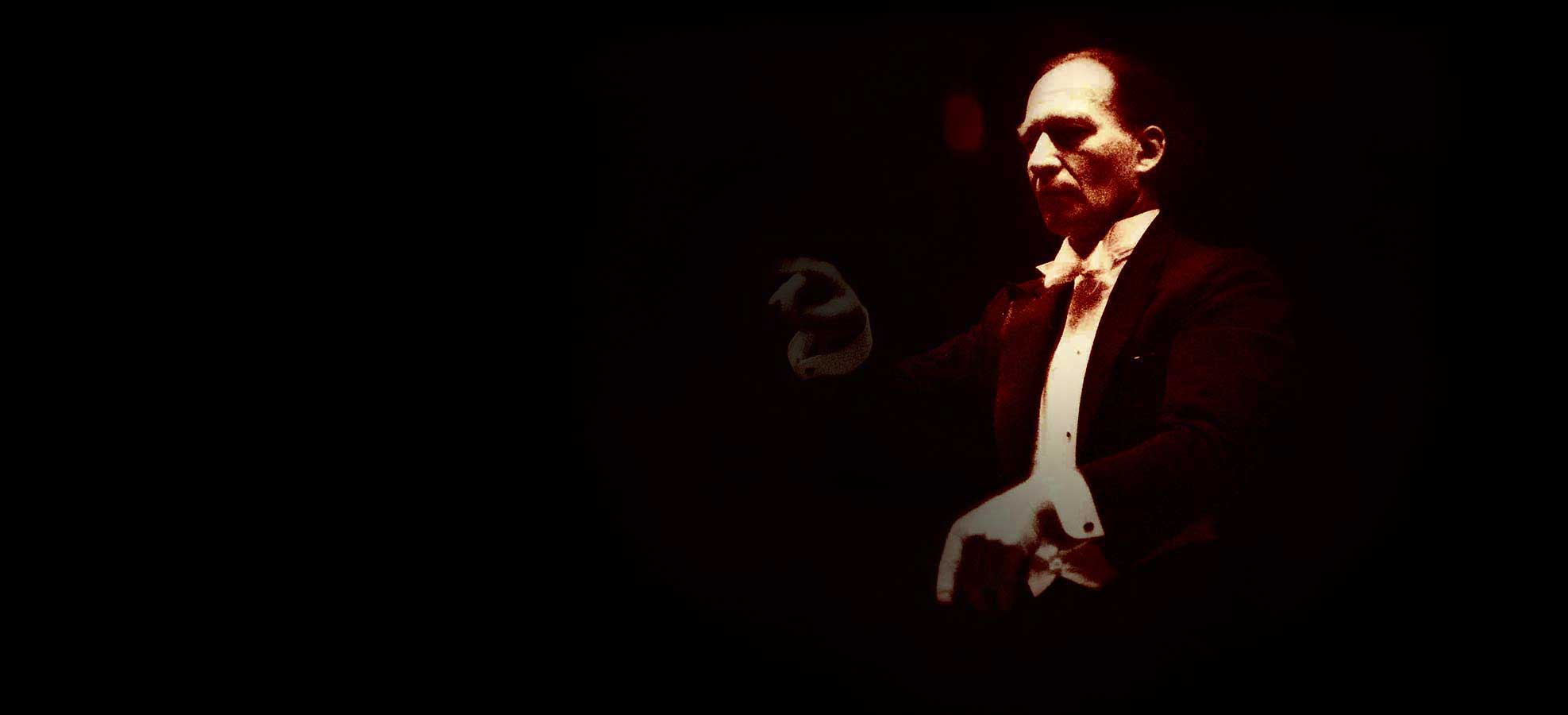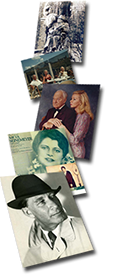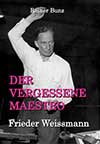NBC Imitates
The success of this unusual radio venture had an interesting sequel. One of the officials of the National Broadcasting Company in New York came down to Buenos Aires to hear the concert and to acquaint himself with the manner in which they were managed. Later, the National Broadcasting Company decided to pursue a similar course of concerts, and accordingly through the mediation of Samuel Chotzinoff, who was sent to Italy to invite Maestro Toscanini to return to America, the noted Italian conductor was enduced to begin the now famous winter series of the NBC Symphony Orchestra. The managements of these was patterned after the concerts given by the Radio Splendid at Buenos Aires. "And so," says Dr. Weissmann, "radio on two continents in the Western Hemisphere established a new precedent for the disbursement of symphonic music for the general public. It was not long before Europe followed."
In the season of 1937-38, Dr. Weissmann made his American debut with the Cincinnatti Symphony, and the following year he conducted the Philharmonic-Symphony Orchestra in its Stadium season. At this time, the critic on the New Yorker wrote: "About ten years ago, it seemed as if most of the orchestral phonograph recordings from Europe were conducted by a mysterious maestro named Weissmann. This Weissmann was a versatile fellow, who could conduct anything - symphonies, operatic excerpts, oddities from the orchestral repertoire, and accompaniments for some of Richard Tauber's best operetta offerings. He took over all duties with such apparent authority that one set him down as a possibly white-bearded veteran who was at least old enough to have been a pupil of Franz List. Last Week... he appeared at the Stadium Concerts and turned out to be a trim, brown-haired young man. His debut with the Philharmonic-Symphony demonstrated that he must have been born with a conductor's baton in his hand, for he went about his business with command and assurance."
"The conductor on the Continent has to be versatile," says Dr. Weissmann. "He seldom specializes. As to being born with a baton in my hands, I sometimes feel as though that were the case. These little sticks can become a very intimate and essential part of a musician's life."
Last year Dr. Weissmann resumed his recording career when he became associated with RCA-Victor as a conductor for some of that company's newest operatic records, and since that time he has been on of the most active conductors in the Victor Studios. He is Victor's principal opera conductor. It is of interest to know that Dr. Weissmann is the appointed conductor of the newly reorganized New Jersey Symphony at Newark, an organization he expects to build into one of the leading orchestras of the country. He is also the conductor of the Scranton Philharmonic Orchestra. In time to come, he will undoubtedly be making recordings in his own right with one of his own orchestras. Perhaps then he will give us the recording of the Strauss' tone poem, Macbeth, of which he has spoken, as well ass some other scores for which he has a fondness. He is said to have brought with him from Argentina an especial facility for conducting South American music, and he will probably wish to perform some of the scores which he grew to know and admire while in Buenos Aires.
(Next month Dr. Weissmann will tell us some experiences in the early days of his recording career and speak of artists with whom he was closely associated.)
Bron: The American Record Guide, november/december 1946, Volume XIII









